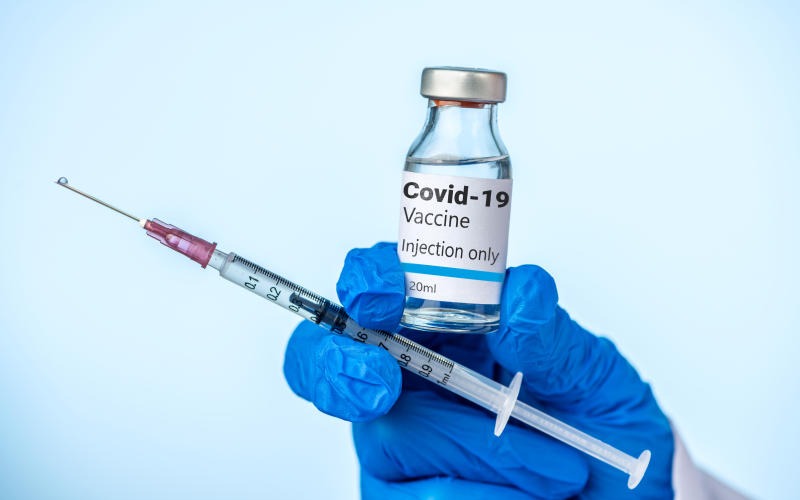×
The Standard e-Paper
Smart Minds Choose Us

Courtesy
World Health Organisation (WHO) scientists tasked to investigate the origin of coronavirus in China have discovered that the virus outbreak was wider in Wuhan city in December 2019 than it was thought earlier.